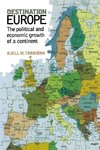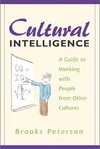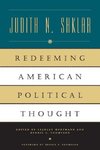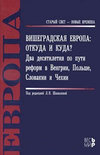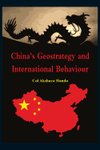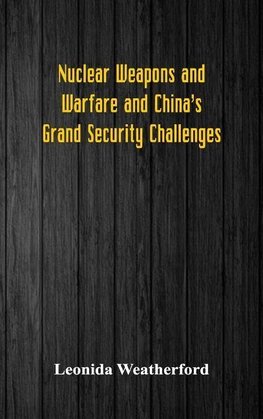
-
 Anglický jazyk
Anglický jazyk
Nuclear Weapons and Warfare and China's Grand Security Challenges
Autor: Leonida Weatherford
Nuclear weapons, the means of producing them, and their potential use play significant roles in international relations and homeland security. Throughout its history recommendations for defense planners and helped policymakers make informed national security... Viac o knihe
Na objednávku, dodanie 2-4 týždne
47.70 €
bežná cena: 53.00 €
O knihe
Nuclear weapons, the means of producing them, and their potential use play significant roles in international relations and homeland security. Throughout its history recommendations for defense planners and helped policymakers make informed national security decisions with regard to the Nuclear Nonproliferation Treaty and the nuclear activities of India, Pakistan, China, North Korea, Iran, and other nations. World events in recent years have led observers, particularly since late 2013, to conclude that the international security environment in recent years has undergone a shift from the post-Cold War era that began in the late 1980s and early 1990s, also sometimes known as the unipolar moment (with the United States as the unipolar power), to a new and different situation that features, among other things, renewed great power competition with China and Russia and challenges by these two countries and others to elements of the U.S.-led international order that has operated since World War II. At the technical level, India has the means for an assured strike capability against Pakistan. But it will take at least another decade before India acquires similar assurance against China. The pernicious nature of the Indo-Pakistani ideological rivalry, Pakistan's continued resort to low-intensity warfare, and China's huge nuclear lead do not bode well for deterrence and crisis stability in the Asia-Pacific. After the Cold War and especially in the 21st century, an increasingly complex array of internal and external security concerns confronts China's leaders with new challenges. A nuclear weapon derives its destructive force from nuclear reactions of fission or fusion, thus making even a nuclear weapon with a relatively small yield significantly more powerful than the largest conventional explosives. A wide range of subjects from fundamentalism and terrorism to regional and international security, China's contribution to nuclear and missile proliferation, and bargaining asymmetries between India and China absorbed the attention of the workshop.
- Vydavateľstvo: Alpha Editions
- Rok vydania: 2018
- Formát: Hardback
- Rozmer: 235 x 157 mm
- Jazyk: Anglický jazyk
- ISBN: 9789352977369

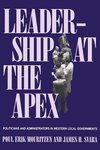
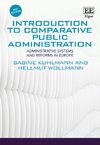


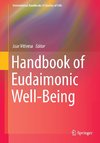

 Nemecký jazyk
Nemecký jazyk 
 Ruský jazyk
Ruský jazyk 